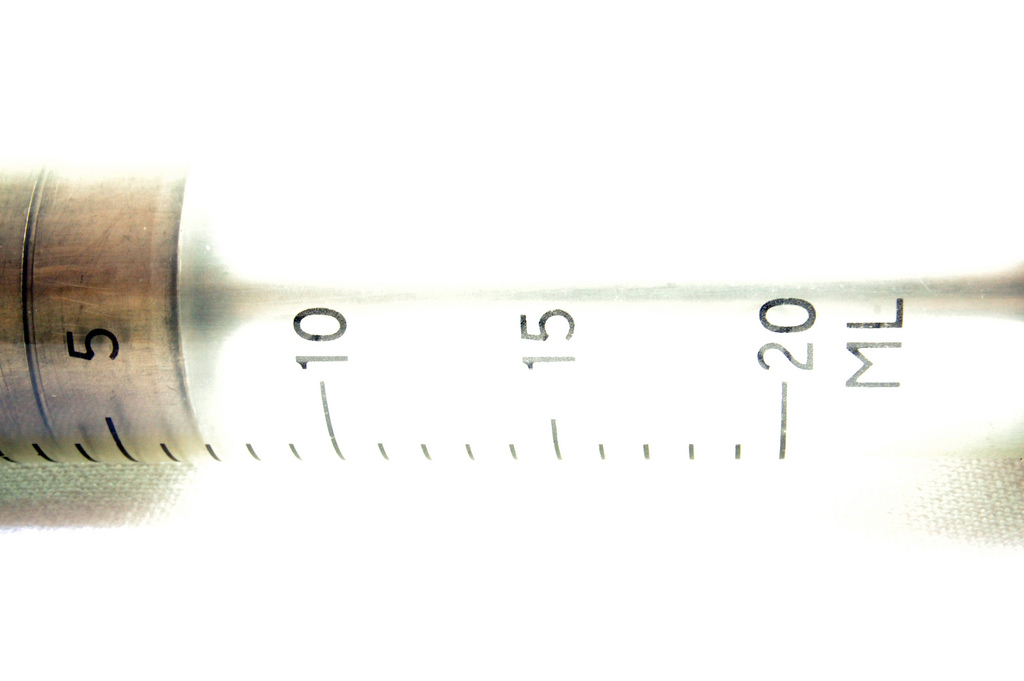Police reckon 10,000 cases affected by ‘data manipulation’ in biggest forensics scandal in years
There are concerns that more than 10,000 criminal cases across England and Wales have been affected by ‘data manipulation’ in the biggest scandal over forensic science service in years.
According to the National Police Chiefs’ Council, three-quarters of the cases were road traffic offences such as drug driving with the remainder including violent crime, sexual offences and unexplained deaths.
As reported on the Justice Gap, the alleged manipulation was revealed earlier in the year when concerns over testing in a drug driving case was reported to Randox Testing Services (here). As a result, two people were arrested and five interviewed under caution.
According to the BBC’s World at One yesterday, there are about 1,000 sexual cases affected, around 275 cases of murder or manslaughter and 150 road death cases. So far no sexual offences or homicide cases have been discontinued or referred to the Court of Appeal. Approximately 50 road traffic cases have been stopped either because samples cannot be retested as they have degraded or because the courts refused to allow time to retest. The Court of Appeal will be hearing two cases referring to those deaths.
There are also concerns about Trimega Laboratories. In a written statement, Nick Hurd, the policing minister, said the same techniques seen at RTS might have occurred at Trimega. Trimega conducts toxicology tests on blood and urine samples on people involved in child custody cases and employment dismissals goes back to around 2010.
‘The Government recognises the seriousness of this issue, and the potential impact on public confidence in the use of forensic science within the justice system,’ Hurd said. ‘The senior judiciary are aware, and Government officials are working with the police to monitor the scale of the issue as information emerges.’ Hurd said it was ‘unlikely that decisions about the welfare of children will have been taken solely on the basis of toxicology test results’.
According to the NPCC, around 70% of the highest priority cases have already been submitted for retesting with the rest due to be completed by mid-2018. Full retesting is expected to take two to three years because of ‘limited specialist, independent capacity in the marketplace’.
The independent state-run Forensic Science Service was closed by the government in 2012. You can read Alastair Logan on the ‘dumbing down of forensics’ here. Since then, forensic tests have either been completed in-house by the police or sent out to private companies like RRS. ‘Spending on forensic science has gone down. We are approaching the stage where we are at the very limit of these cuts, and it cannot be cut further as quality will be compromised,’ the official regulator Dr Gillian Tully said earlier this year.
Yesterday, Dr Tully said all major forensic toxicology suppliers had been asked to complete an audit of cases to ensure the issue was not more widespread. ‘If there was large-scale manipulation going on across the board I do expect it would have been found during that audit,’ she said.
‘The integrity of forensic science in the criminal justice system is hugely important,’ commented deputy chief constable James Vaughan and the National Police Chiefs’ Council’s forensics lead. ‘We have worked at pace to respond to this serious breach of standards and take action in cases where people’s lives could have been affected. With limited expert capacity with the forensics market, our primary aim is to prioritise the most serious and pressing cases for retesting while ensuring we don’t delay urgent and important current cases.’
The former chief constable of Greater Manchester Police, Sir Peter Fahy told the BBC’s World at One that if there was ‘any element of doubt’ cases would have to be referred back to the courts noting that ‘the disclosure obligations are really clear’. ‘This is an issue that has been raised a number of times since the break up of the Forensic Science Service about the impact of increasing fragmentation and the ability of the system to develop new methods. This is serious. There needs to be a much stronger and a much greater national capability.’







